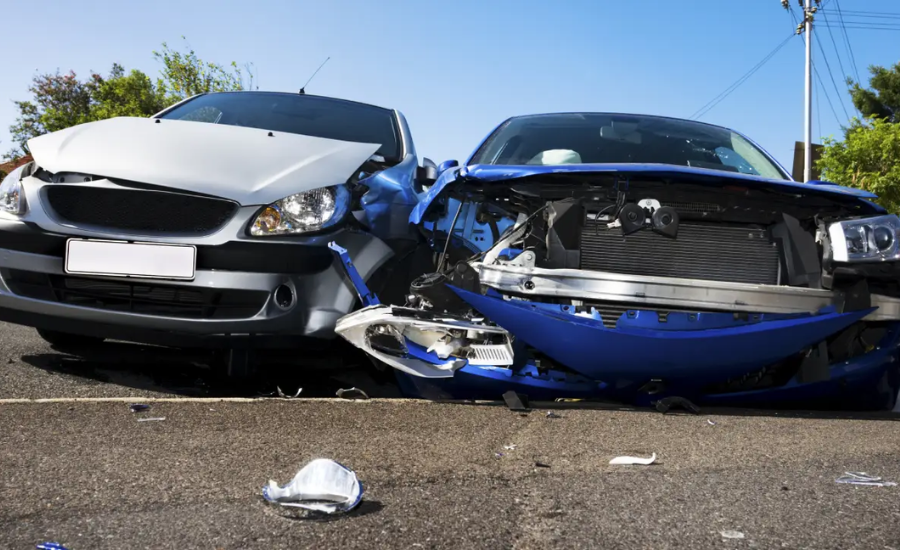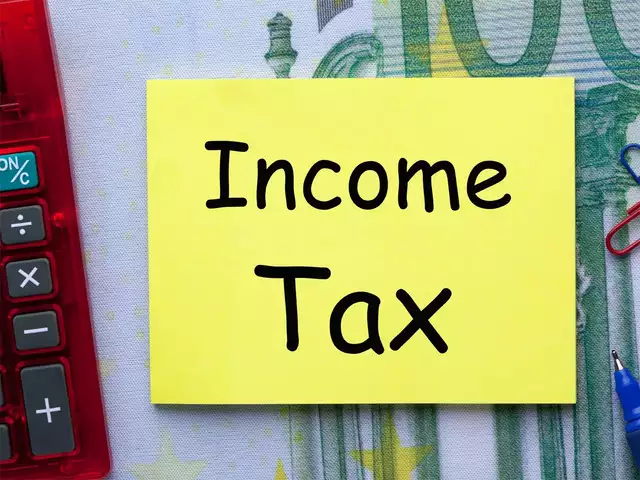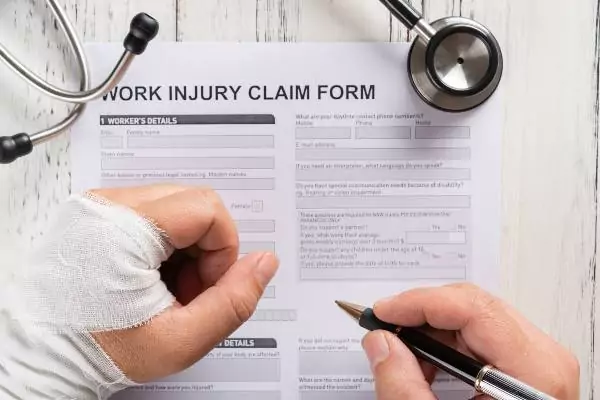Even though driving with insurance is illegal in Illinois, a significant percentage of motorists are uninsured. Sometimes, being uninsured is by choice, and many times, it is from failure to pay premiums.
However, regardless of the reason for driving with insurance in Illinois, there are legal and financial consequences. This article explains what happens if you drive without insurance in Illinois, particularly when you get into an accident.
What Happens If You Get into an Accident as an Uninsured Driver in Illinois?
Illinois requires that every driver has a certain amount of car insurance, including the minimum liability amount to cover bodily injury to others. It also covers liability coverage for damage to personal property, and defaulting drivers will pay legal and financial consequences.
The penalties for driving and getting into an accident without insurance in Illinois include:
- Fine or jail
- Having to file an SR-22 form, a certification of financial responsibility, to be able to drive legally
- Suspension of driving particulars, including license, license plate, and registration
- Vehicle getting impounded
If you get involved in an accident without car insurance, you may have legal and financial obligations to fulfill. However, if you do have, they will depend on whether or not you caused the accident.
Systems Governing Car Insurance
In the United States, states generally follow two systems when it comes to determining the consequences of driving with insurance. They include no-fault or at-fault (tort) laws:
- No-fault
In no-fault states, drivers must pay for their vehicle damage and, in some cases, medical bills even if they did not cause the accident. In these states, drivers are required to carry PIP (personal injury protection) coverage, which typically caters to the cost. However, if you do not have this coverage, you will have to cover the cost yourself.
Meanwhile, in certain circumstances, another driver can sue you for damages that are excluded from PIP coverage – like pain and suffering. Before the other driver can sue, they must meet thresholds that no-fault states typically set for pain and suffering claims.
- At-fault or tort
In at-fault states like Illinois, you can face lawsuits from the injured driver for damages in an accident. These can include damages for medical bills, pain and suffering, or car repairs incurred by the accident.
If you have no insurance to cover the damages and satisfy the settlement, a judge can use any of your assets. Meanwhile, if you do not possess assets that they can use, they can garnish your future income to pay for the damages.
Uninsured Motorist Coverage
Uninsured motorist coverage is insurance coverage typically present in at-fault states. It can pay for damages caused by an uninsured, at-fault driver and, in many cases, damages incurred by a hit-and-run driver.
Typically, the coverage pays the medical bills for you and whoever else got injured in the accident. However, how much coverage you get from this insurance depends on your insurance company and state of residence. Uninsured motorist coverage, which may include property damage, is compulsory in 20 states, including Illinois.
Conclusion
Driving without car insurance is illegal in nearly all the states in the United States, including Illinois. However, the repercussions are even worse if you get into an accident as an uninsured driver in Illinois.As a state that follows the at-fault or tort law, getting into an accident in Illinois, which you caused, without insurance breeds financial and legal consequences. These include jail time, fines, loss of driver’s license and other driving particulars, and impoundment of vehicle. If you are not at fault for a car accident, you can work with a car accident attorney for the best financial outcome.
Don’t miss the latest updates and alerts visit: Internal Insider!










